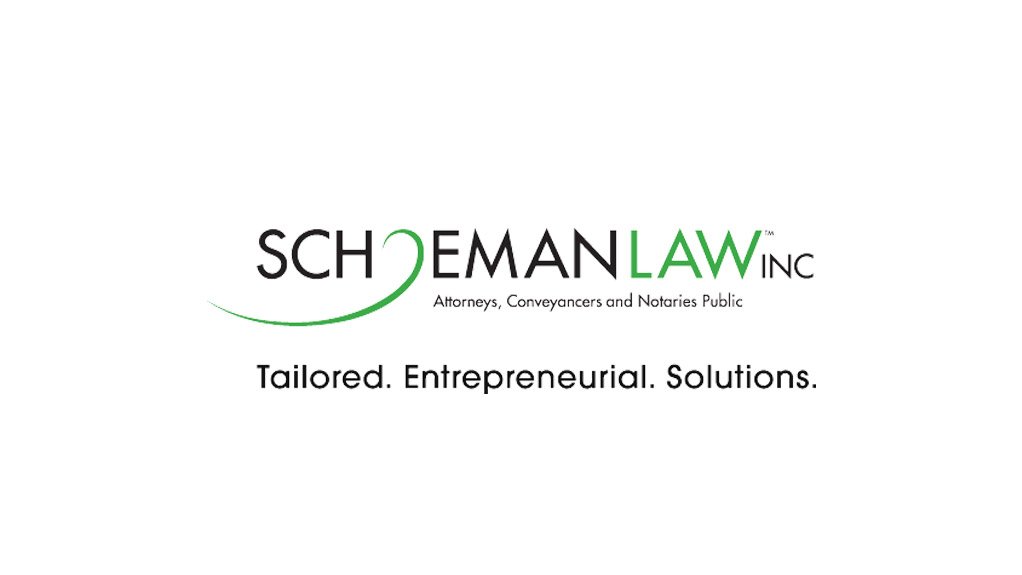In the modern workplace, where collaboration and teamwork are paramount, unresolved conflicts can erode relationships, hamper productivity, and inflate costs. The introduction of workplace mediation as a dynamic form of conflict resolution offers organisations a proactive tool to address disputes effectively. A recent presentation highlighted the principles, process, and benefits of workplace mediation, underscoring its growing prominence in South Africa as an alternative to traditional grievance and disciplinary procedures.
The Concept of Workplace Mediation
At its core, workplace mediation is a voluntary, confidential, and impartial process that seeks to resolve conflicts by improving communication and understanding between disputing parties. Unlike traditional employment mediation, which often focuses on legal rights and settlement negotiations, workplace mediation emphasizes fostering dialogue and rebuilding relationships. The mediator facilitates "missing and difficult conversations," enabling parties to address root causes of conflict rather than surface-level symptoms.
Key Features of Workplace Mediation
Scope of Issues Addressed
Workplace mediation is versatile, addressing a range of issues such as performance disputes, interpersonal conflicts, allegations of bullying or harassment, cultural misunderstandings, and team dynamics.
Appropriate Timing
Mediation is most effective when employed early in the conflict lifecycle, before grievances formalize or escalate into disciplinary actions. This proactive approach prevents the entrenchment of positions and preserves workplace harmony.
Three-Stage Process
- Individual Meetings: The mediator first meets with each party individually to understand their perspectives and secure commitment to the process.
- Joint Sessions: Parties engage in facilitated discussions to express concerns, identify underlying issues, and collaboratively explore solutions.
- Follow-Up: The mediator checks on the implementation of agreements, providing additional support if necessary.
Distinct Benefits of Workplace Mediation
Organisations adopting workplace mediation report several tangible and intangible benefits:
- Conflict Resolution and Relationship Restoration: Mediation resolves disputes at their root and helps restore fractured relationships, fostering a more cohesive work environment.
- Cost and Time Efficiency: It avoids the expense and delays associated with formal grievance processes or litigation.
- Enhanced Morale and Productivity: By reducing tension, mediation helps rebuild trust and improve team dynamics, leading to higher workplace satisfaction and output.
- Risk Reduction: Addressing conflicts involving senior employees or sensitive issues through mediation mitigates reputational and legal risks.
- Capacity Building: It equips participants with conflict resolution skills, promoting a culture of collaboration and understanding.
Building a Mediation-Friendly Workplace
To fully harness the potential of workplace mediation, organisations must:
- Develop Internal Capacity: Train in-house mediators and equip managers with conflict management skills.
- Leverage External Expertise: For complex disputes or high-stakes situations, external mediators can provide impartiality and specialised skills.
- Promote a Collaborative Culture: Foster an environment where mediation is seen as the preferred dispute resolution mechanism, enabling employees to address differences constructively and independently.
Conclusion
Workplace mediation is more than a resolution tool, it is a strategy for cultivating a healthier workplace. By addressing disputes early, focusing on communication, and empowering individuals to take ownership of their conflicts, mediation fosters understanding and collaboration. As organisations in South Africa and globally recognise the limitations of adversarial processes, workplace mediation emerges as a beacon of constructive conflict management. Investing in this transformative approach can lead to lasting benefits for both employees and organisations, ensuring workplaces where relationships thrive and conflicts are opportunities for growth.
Written by Ross Hendriks, Attorney, SchoemanLaw Inc
EMAIL THIS ARTICLE SAVE THIS ARTICLE ARTICLE ENQUIRY FEEDBACK
To subscribe email subscriptions@creamermedia.co.za or click here
To advertise email advertising@creamermedia.co.za or click here











